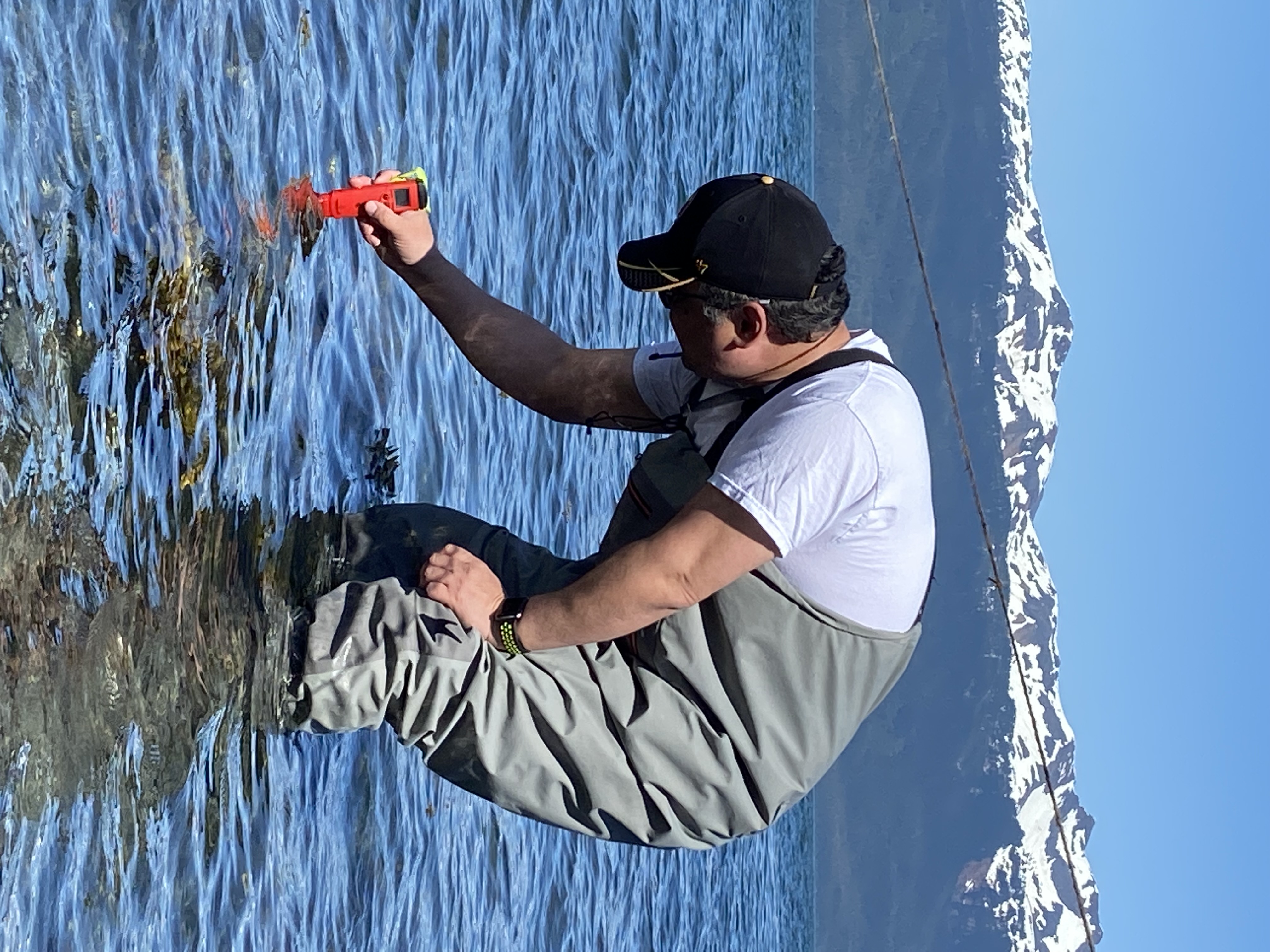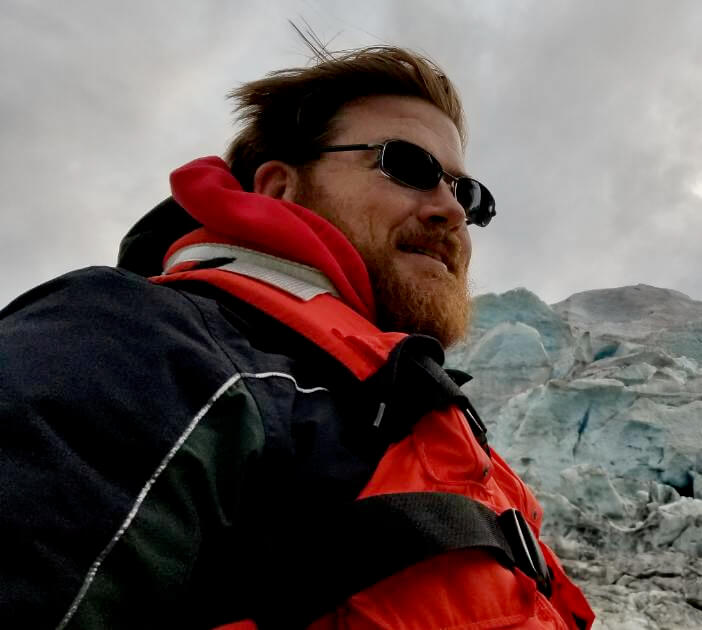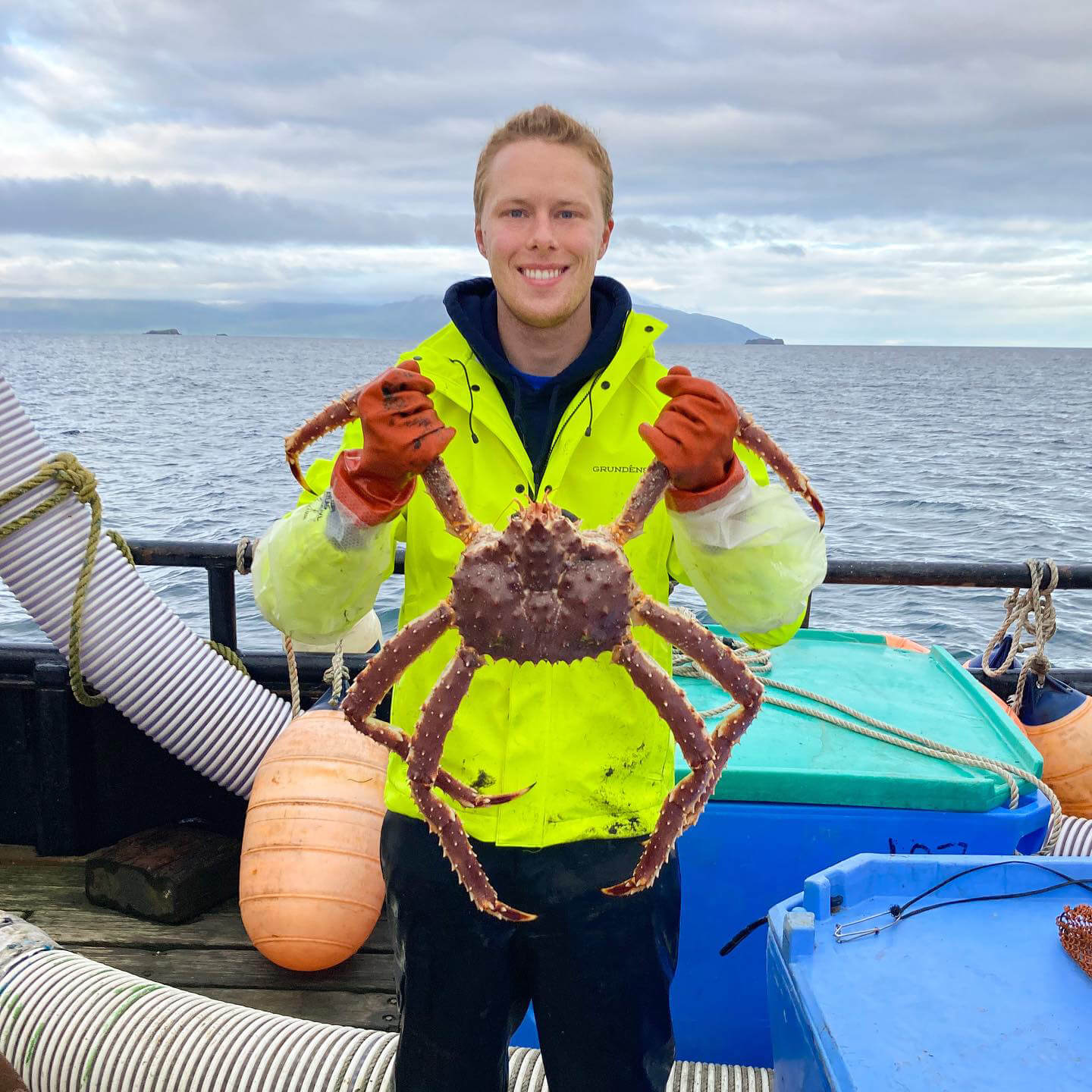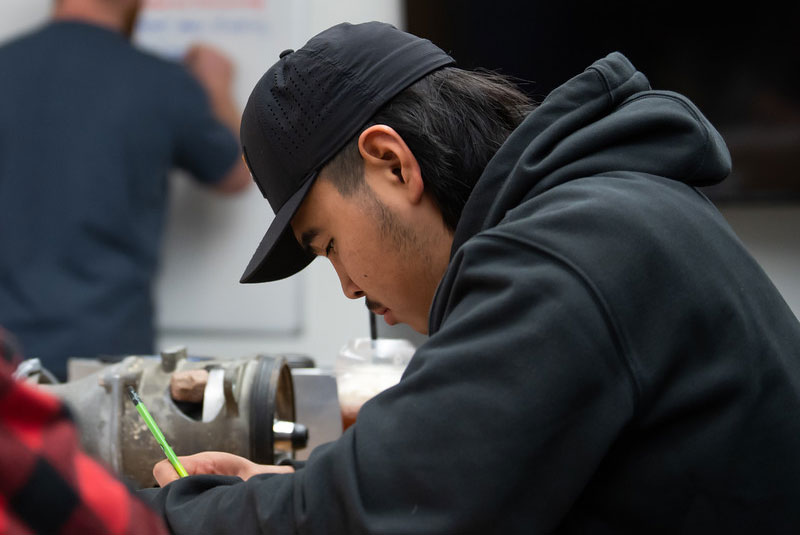Phenomena-based Environmental Science for Teachers
Phenomena-based Environmental Science For Teachers
- Intended for teachers of science who are not science teachers by training
- Based in Cordova, Alaska
- Students in this course will explore environmental science through the lens of phenomena
- Develop place-based, culturally-responsive knowledge, awareness, and practical skills.
Place based activities may include:
- Geology/Glaciology
- Ornithology
- Flora and Fauna Identification
- Climate Science
- Digital Photorgraphy
- Scientific Illustration/Nature Journaling
Dates, Location, and Contact
Dates: May 28-June 3, 2023
Credits: 3
Seats Available: COURSE FULL!
Location: Cordova
Contact: Katie Bobowski, 907-822-3673 or ksbobowski@alaska.edu
Instructor: Bjørn Wolter/Stephen DeHart
Participants are Saying...
“An incredible learning experience. The field activities, and also learning from my colleagues, will allow me to create many placed-based and traditional knowledge lessons for my students. The rural schools have little-to-nothing in the way of science materials, and these courses opened my eyes to a broad array of possibilities. I’ve gained many takeaways for use in my classroom. I’m excited.”
Solomon Afcan, Nunam Iqua School

- What to expect
Phenomena-based Environmental Science for Teachers is primarily a field based course and we will be spending most days outside exploring different learning possibilities. Students should be able to walk at least 5 miles. Portions of the course may be carried out over uneven terrain, often without a trail, and may include river crossings or other hazards depending on route and travel logistics. The course may require good physical condition and ability to perform in cold and/or inclement weather. Students must be prepared to spend long days in potentially harsh terrain, with a number of environmental concerns to mitigate, including: bears, mosquitos, wolves, rivers, weather, temperature, etc.
- What will you getA content-rich week immersed in classroom and field exercises to deepen teaching pedagogy. Teachers will walk away with lesson plans, resources, tools how to fit the curriculum into a classroom or virtual learning environment, and examples of place-based lesson planning.
- Why should you come
- Piloted in 2019 every student said this was the best professional development they had ever had. Not only will you develop your teaching skills, you will forge friendships and share experiences that are unparalleled-even in Alaska.
- Gives teachers the ability to reconnect to and re-energize their passion for teaching.
- Mixes classroom activities with place-based/outdoor activities, which asks the teachers to not only consider their curriculum, but to also consider their classroom
- Collaborative workshop activities allow STEM teachers to meet and network with other educators who are living through the same experience
Meet The Instructors
Dr. Bjørn Wolter
 Dr. Bjørn Wolter is a program manager with the Alaska Department of Education & Early
Development. He has been a professor, researcher, and administrator in Alaska K-20+
education for more than two decades. Bjørn earned a Ph.D in Science Education from
Michigan State University, and an M.S. in Plant Ecology and B.S. in Biology from Western
Washington University.
Dr. Bjørn Wolter is a program manager with the Alaska Department of Education & Early
Development. He has been a professor, researcher, and administrator in Alaska K-20+
education for more than two decades. Bjørn earned a Ph.D in Science Education from
Michigan State University, and an M.S. in Plant Ecology and B.S. in Biology from Western
Washington University.
Stephen DeHart
 Stephen began his teaching career in King Cove, Alaska as the school's only science
teachers. While there, he established one of the only high school ornithology courses
in the country and takes students on frequent field trips to engage in place-based
learning. When not teaching, he volunteers as an EMT, works as a commercial fisherman,
and enjoys the outdoors through hiking and photography. Stephen earned a Bachelor's
degree in biology from the University of Kansas, where he did research on tumor-suppressing
drugs and the geometry of spider webs. He is currently pursuing his Master's degree
in biology.
Stephen began his teaching career in King Cove, Alaska as the school's only science
teachers. While there, he established one of the only high school ornithology courses
in the country and takes students on frequent field trips to engage in place-based
learning. When not teaching, he volunteers as an EMT, works as a commercial fisherman,
and enjoys the outdoors through hiking and photography. Stephen earned a Bachelor's
degree in biology from the University of Kansas, where he did research on tumor-suppressing
drugs and the geometry of spider webs. He is currently pursuing his Master's degree
in biology.









